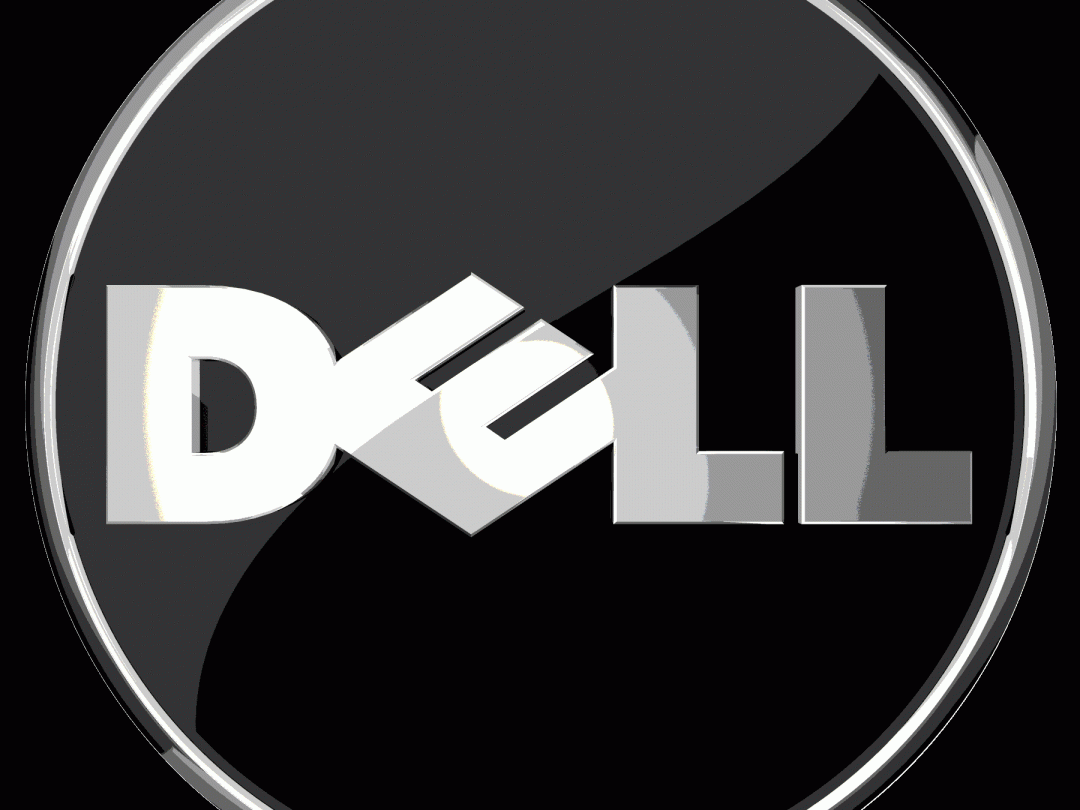Dell Has No Plans to Re-Enter Phone Business
Dell will not re-enter the phone sector.
Get Tom's Hardware's best news and in-depth reviews, straight to your inbox.
You are now subscribed
Your newsletter sign-up was successful
Michael Dell has a lot on his plate now that he's won the $24.9 billion battle to take control over the company he established thirty years ago. As the stockholder dust settles, the CEO will now direct the company towards expanding its enterprise footprint through acquisitions, research and development, increasing sales coverage, and adding new partners to its sales channel. Like its competitors, Dell will also target the lucrative emerging markets.
On the consumer front, Dell will continue to invest in tablets and PCs even though the company declared that it's no longer a PC company earlier this year. "We will continue to make large investments in R&D in enterprise solutions and services," said Chief Financial Officer Brian Gladden in a conference call. "What we've seen is that part of the market is growing faster. By no means is that a statement of our lack of commitment to the PC business."
Dell also reaffirmed with reporters on Thursday that despite the global PC market's rapid decline, end-user computing, which he defined as devices including PCs and tablets, is still an important focus for Dell. However, to completely turn around the company, a significant incremental investment will be required. Having two strong private investors will help make that restructuring happen.
But what Dell has no plans for is a new mobile phone. The company attempted to penetrate the iPhone-dominated market with both Android and Windows Phone solutions like the Dell Aero and the Dell Venue Pro. The company even released a 5 inch phablet called the Dell Streak, but that was ahead of its time. Dell's Windows 8 tablet line has been far more successful.
"We're not getting in the mobile phone business," Michael Dell said in an interview with CNBC. "Every time a new mobile company gets born, they need servers and infrastructure and storage. Companies need to protect and secure their data on these mobile devices."
Michael Dell said that despite the current victory, the company has a long journey ahead and many challenges to overcome. However, under a new private company structure, changes can be made without "the scrutiny, quarterly targets and other limitations of operating as a public company." The founder and CEO will hold a 75 percent stake in the company once the deal finalizes in Dell's current quarter, which ends November 1.
Unfortunately, the win may come with some losses. When asked about possible layoffs during Thursday's conference call, Gladden said to expect a "re-alignment" without elaborating any further on the subject.
Get Tom's Hardware's best news and in-depth reviews, straight to your inbox.
Follow us @tomshardware, on Facebook and on Google+.

Kevin Parrish has over a decade of experience as a writer, editor, and product tester. His work focused on computer hardware, networking equipment, smartphones, tablets, gaming consoles, and other internet-connected devices. His work has appeared in Tom's Hardware, Tom's Guide, Maximum PC, Digital Trends, Android Authority, How-To Geek, Lifewire, and others.
-
Northwestern While I did have an interest in a Dell phone it is probably right of them not to attempt that market again right now. They would have a lot of catching up to do against Samsung and Apple if they wanted to make a real impact.Reply -
bustapr this is probably a good move for them. i think its best for them to update their pc lines more notably such as the chassis designs. I can see a sleeker design to be more appealing to customers than the very basic designs theyve offered since forever. also, customer support is one of the main reasons I never recommend Dell as an OEM brand.Reply
phones is a very hard market to jump into currently because of Apple and Samsungs shear dominance. If veteran phone companies such as HTC and LG are struggling to maintain a solid market share, I dont really see Dell making a mark as a newcomer. -
g00fysmiley if dell had stock anymore that might make it go down a bit, >_< eventually they will have to have a phone as i can't see much mroe in the way of having multiple devices, alot of people i know now use a smartphoen for all thier digital needs, email, social media and even pictures/ video. it is currently not as good genertally as a pc but can be mroe convenient. as a game ri won't be giving up my desktop anytime soon, but alot of dell's user base are not enthusiasts so they would lose alot of consumer opportunities... now if they plan on focusing on commertial segment they should be fine, those mobile devices still need to connect to servers somwhereReply -
spentshells Dell streak was relatively nice and fully modern when it came out, Dell simply didn't put much effort into it.Reply
